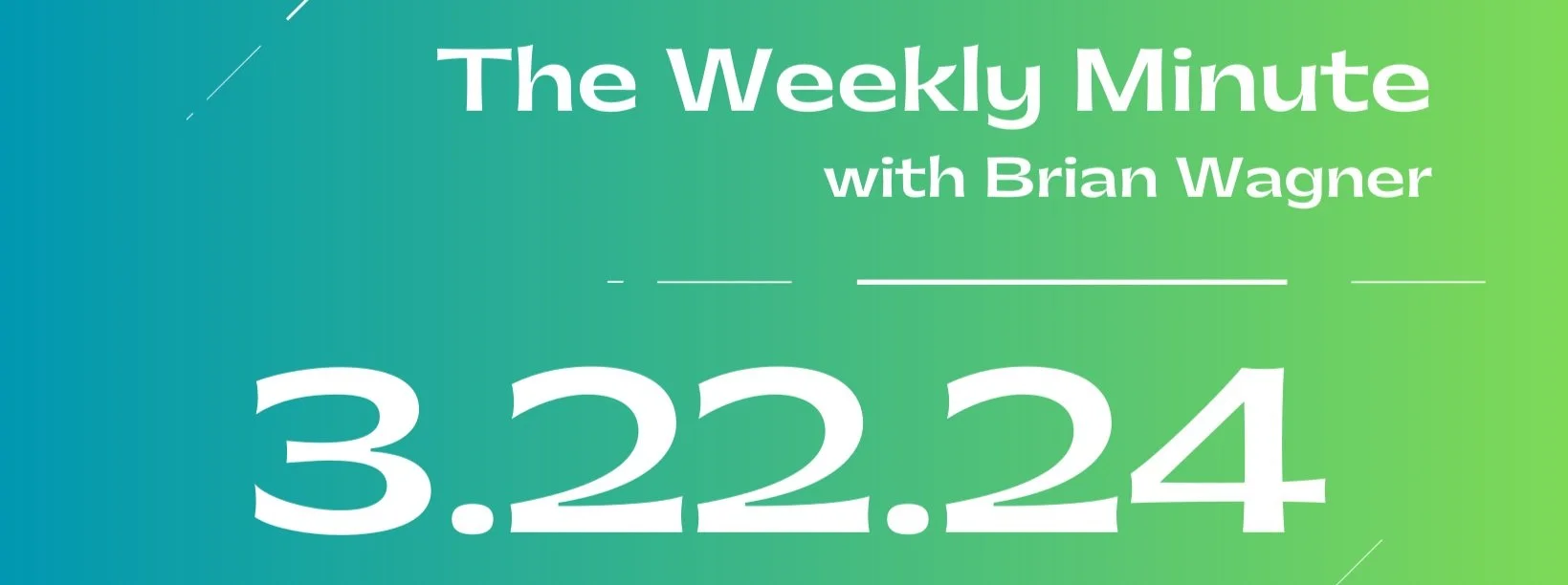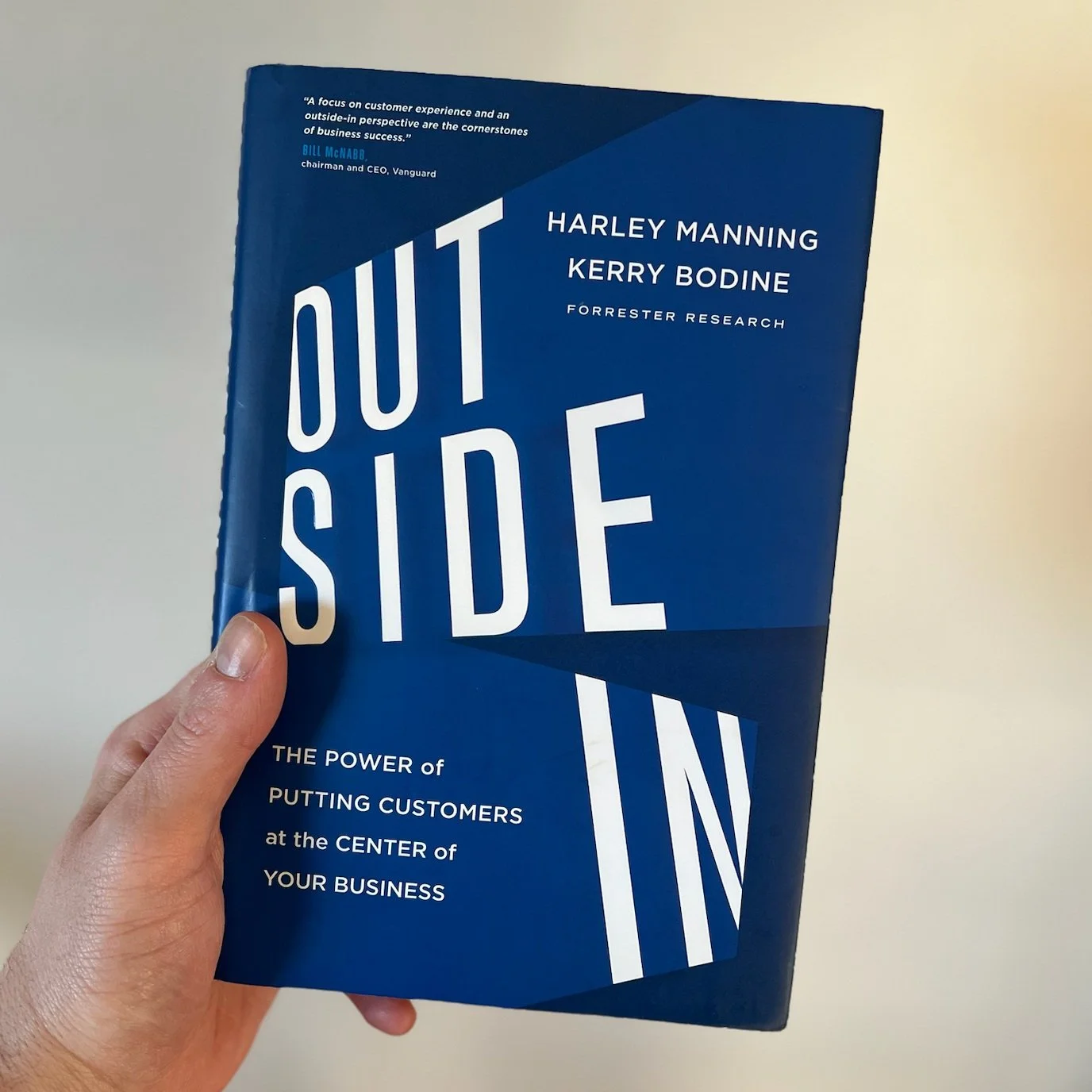The Weekly Minute - March 15, 2024
Happy St. Patrick’s Day [weekend!]
Happy Players Week [golf!]
Happy Conference Championship Week [basketball!!]
This Is The Easiest Way To Make Your Life More Awesome
Here’s how to improve your life through subtraction…
The “More” Bias: We’ve got a blind spot when it comes to subtraction, even when it’s the best solution. Think about it: hoarding is a fairly common disorder. We don’t see out of control minimalism. Don’t hold your breath waiting for a reality show about monks who get rid of too much stuff.
Avoid The Competency Trap: You can’t say, “Sorry, I can’t make it to your dog’s birthday party; I have a previous engagement with my sanity.” But reframing subtraction can make doing less feel acceptable. Clean, carve, declutter, distill, or optimize.
Get To “Noticeable Less”: The best books you read are well edited, the pretty homes you ogle aren’t cluttered, and short medical checklists save lives. Pushing less to the extreme isn’t lazy; it improves things by making what’s important salient.
Don’t Buy Stuff, Buy Time: I don’t know about you, but I’d rather have a smaller TV and time to watch it than a huge TV and no time to watch it. Buying time makes you happier than buying stuff.
Embrace less and suddenly you’re tossing old concert tickets, takeaway menus from restaurants that no longer exist, and that weird gadget you bought off a late-night infomercial that’s supposed to turn potatoes into gold or something. It’s like your house is losing weight. It’s no longer a 3D jigsaw puzzle of stuff. It starts to feel like an actual place to live, not a storage unit for your past and future selves.
A Shift of Thinking
It’s important to double down on what works. Just fixing stuff always means you might be missing the chance to shine up what’s already working pretty darn well, says Eli Weiss.
Some things Eli has learned:
Recognize What Works: Don’t ignore the things that are broken. Yes, you need to fix them. But it’s equally, if not more important, to identify what clicks positively with your customers. Beyond the lack of complaints, dig into what makes your brand stand out positively. Amplifying those peak experiences.
Don’t Lose Focus on Those Things: For example, a brand discovered (leveraging Chattermill) that including handwritten notes with orders wasn’t just a nice touch but a sentiment booster. They stopped, and customer sentiment tanked. Sometimes, the smallest gestures have the biggest impact. I love that Amazon chose a few small things and quadrupled down on them.
Reliability: They promise and deliver on that promise.
Customer-centric: They put the customer first and make decisions across the business based on that.
Do You Give Your Customers an Experience – Or Just a Transaction?
A company that doesn’t showcase its “personality” may be missing an opportunity to create a personal connection.
Values, Passion, or Purpose — Which Should Guide Your Career?
When it comes to developing your career, you’ve heard the advice: Define your values, follow your passion, and find your purpose. But what do these concepts actually mean, and how can you use them to move forward in your career?
Values are the foundation for your passion and purpose — they define what is important to you and thereby can influence the passions you pursue and the purpose you seek to fulfill.
Passion is what drives you to explore and engage in activities aligned with your values. Fundamental to passion is the strong and intense emotional drive that fuels its pursuit.
Purpose is a broader and more profound concept that encapsulates how your values and passions come together. It is your deeper reason for existence — it’s a sense of meaning and direction in life that goes beyond personal enjoyment or fulfillment.
My Thought for the Weekend
The person who connects things is the most valuable. View it from a balcony and figure out how things work together.
The world rewards the people who are best at communicating ideas, not the people with the best ideas.
See you next week!



